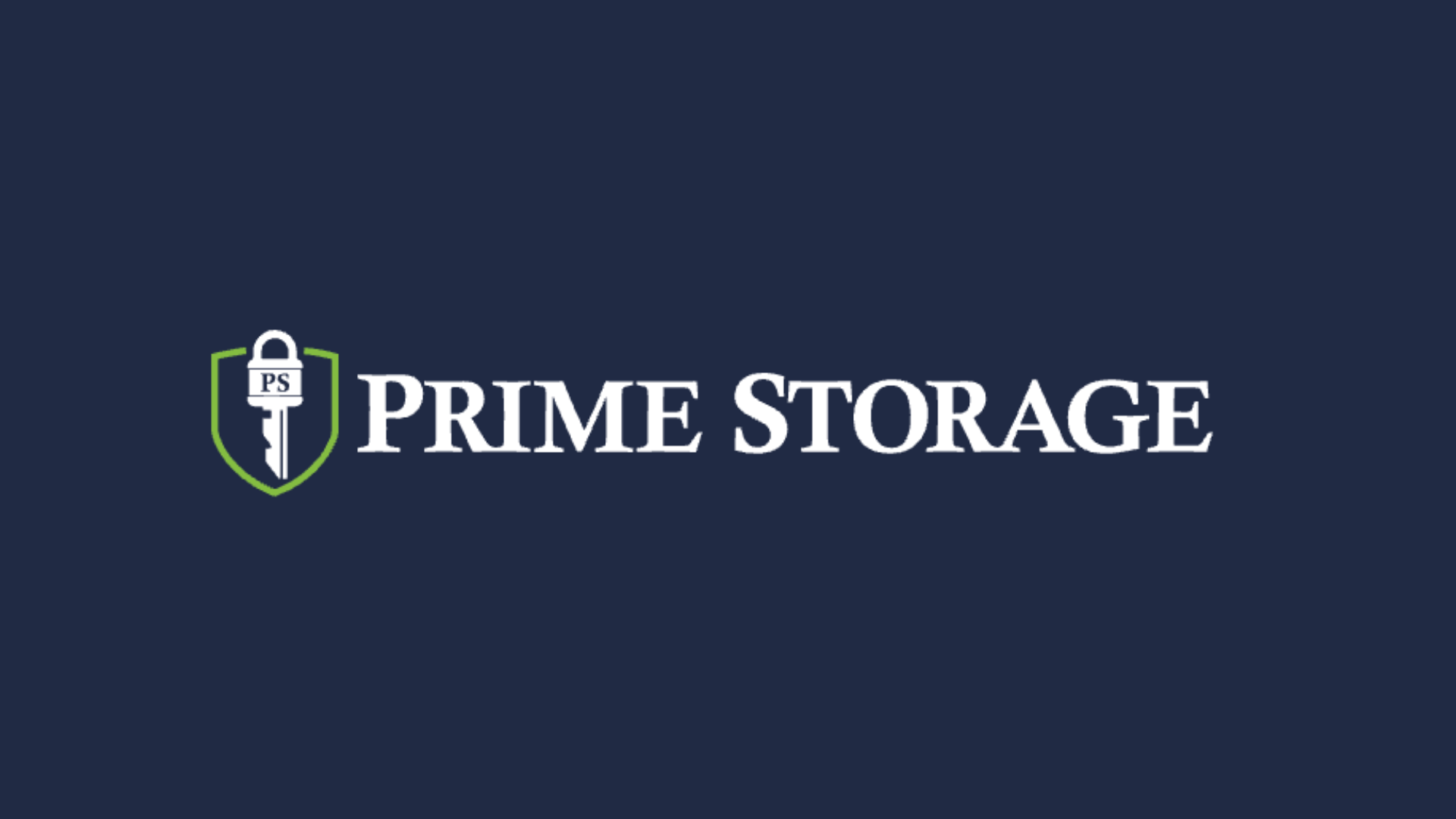Is torrenting illegal? Ever downloaded a movie and felt a little nervous, wondering if someone might be watching? Many people use torrents and are unsure whether torrenting is legal or just risky.
This will clear that up. It won’t bombard you with confusing legal jargon. Just simple facts anyone can understand.
Learn what makes torrenting legal or illegal, how the law works in the U.S., and what happens if someone gets caught. If that’s been on your mind, this tutor has your back with straight answers, no scare tactics.
Disclaimer: This article is for educational purposes only. We do not promote illegal torrenting—users are solely responsible for complying with local laws and copyright regulations.
Is Torrenting Illegal? The Truth Behind the Question
Is torrenting illegal? Torrenting itself is legal because it’s simply a method of sharing files through a peer-to-peer (P2P) network. The real issue is what kind of files you’re downloading or uploading.
If the content is copyrighted and you don’t have permission to access or share it, then it becomes illegal in the United States and many other countries.
Downloading public domain files, open-source software, or Creative Commons content is entirely legal.
However, most popular torrents involve copyrighted material, which puts users at risk of fines or legal action. Always verify the content’s legality before downloading through torrents.
Copyright Laws That Impact Torrenting

Torrenting itself is not unlawful; however, sharing or downloading copyrighted content without permission is a violation of the law. The following rules define and regulate the treatment of online file sharing, including torrenting, under federal law.
Digital Millennium Copyright Act (DMCA) – 1998
The DMCA targets individuals and platforms that host, distribute, or share copyrighted content, especially if they bypass digital protections (like DRM).
It’s the primary law used to issue takedown notices and initiate lawsuits against online copyright violations.
Penalties:
- Up to $500,000 in fines and 5 years in prison for a first offense
- Criminal charges for willful infringement, with up to 5 years in prison
- Up to $1,000,000 in fines and 10 years for repeat offenses.
No Electronic Theft Act (NET Act) – 1997
The NET Act targets individuals who share copyrighted files online, even if they do not make a profit. This means that non-commercial torrenting, such as seeding movies or music, can still result in criminal charges.
Penalties:
- Up to 5 years in prison and $250,000 in fines for first offenses
- Up to 10 years in prison for repeat or large-scale offenders
Copyright Act (Title 17, U.S. Code)
This is the foundation of all copyright law in the U.S. It grants authors and creators exclusive rights to distribute and reproduce their works.
Torrenting or uploading files without permission directly violates this law, regardless of whether any profit is involved.
Penalties:
- Civil penalties: $750 to $30,000 per infringed work
- Willful infringement: up to $150,000 per work
- Possible injunctions, asset seizures, and legal fees
Should You Be Worried About Torrenting?
Torrenting isn’t illegal, but downloading or uploading copyrighted material without permission is a serious offense in the U.S.
If you’re caught, you could face DMCA notices, ISP warnings, throttled speeds, or even lawsuits.
While legal torrenting, such as downloading Linux distros or public domain files, is safe, most popular torrents involve copyrighted content.
ISPs actively monitor P2P traffic and can trace it back to you. To reduce risk, use a no-logs VPN and avoid copyrighted material entirely. Otherwise, the legal consequences can be severe.
How Do ISPs Track Torrenting Activity?
1. IP Address Logging in Torrent Swarms: When you torrent a file, your IP address is visible to everyone in the swarm. ISPs and copyright monitors can log your IP and link it to your account.
2. Deep Packet Inspection (DPI): DPI allows ISPs to analyze your internet traffic in real time. It can detect BitTorrent traffic even if the content isn’t obvious.
3. Monitoring Bandwidth Usage Patterns: Torrenting utilizes large amounts of data and exhibits distinct upload and download behavior.
ISPs flag unusually high or constant bandwidth as possible P2P activity.
4. DMCA Takedown Notices: Copyright holders track torrent swarms and send notices to ISPs when violations occur.
Your ISP forwards the notice to you and may take further action.
5. IP Matching and Traffic Logging: ISPs log your online activity and can match your IP to your identity.
They store this data for 6–12 months and can disclose it in response to a subpoena.
How to Torrent Safely and Anonymously

To protect your privacy and reduce legal risks while torrenting in the United States, follow these essential tips:
- Use a No-Logs VPN: A VPN hides your IP address and encrypts your internet traffic from your ISP. Make sure to choose a reputable no-logs provider that supports P2P file sharing. Click here to select the best VPN.
- Choose a Safe Torrent Client: Use trusted clients like qBittorrent or Deluge. They’re clean, secure, and ad-free. Avoid outdated or ad-heavy clients, such as older uTorrent versions.
- Disable Seeding After Downloads: Seeding uploads files to others, which increases your legal exposure. Disable seeding in your torrent client settings to minimize your risk.
- Avoid Public Trackers: Copyright trolls and legal firms easily monitor public trackers. Use private trackers or trusted sources to reduce visibility and legal threats.
- Check Your IP Before You Start: Visit sites like ipleak.net to confirm that your real IP address is hidden. If your VPN isn’t masking your IP, don’t start torrenting.
Legal Alternatives to Torrenting Copyrighted Content
If you’re looking to avoid legal risks while still accessing free or open-source content, there are numerous legitimate platforms available.
These sites offer movies, software, books, and more, all of which are available legally and without restrictions.
Internet Archive
A massive digital library offering free access to movies, books, music, and old software. All content is either in the public domain or openly licensed.
archive.org
Public Domain Torrents
A torrent site that hosts movies that are entirely in the public domain. You can legally download and share everything on the platform.
publicdomaintorrents.info
Project Gutenberg
Offers over 60,000 free eBooks, mostly classic literature and public domain texts. Ideal for students, researchers, or anyone who enjoys reading.
gutenberg.org
Linux Distros (Ubuntu, Fedora, etc.)
Linux operating systems are freely downloadable and often shared via torrents legally. You can safely torrent these from official sites or mirrors.
ubuntu.com/download
Jamendo & Free Music Archive
Platforms that offer music licensed under Creative Commons for legal downloading. Ideal for content creators and music enthusiasts seeking royalty-free tracks.
jamendo.com, freemusicarchive.org
Final Thoughts
Many people wonder, “Is torrenting illegal?” Torrenting itself is not illegal; it is simply a method of sharing files.
What matters is what you download. Obtaining or sharing copyrighted content without permission is against the law in the United States and can result in serious consequences, including warnings and fines.
If you choose to use torrents, ensure the files are legal and consider using a VPN that does not log your activity to protect your online privacy. Always follow safe and legal practices to avoid problems.
Was this helpful? Share your thoughts or questions below!










